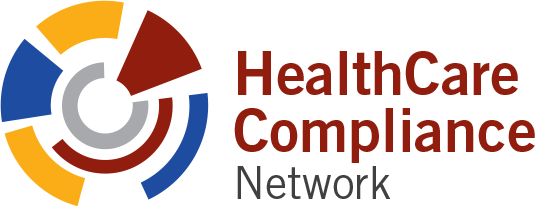News+PR
The latest from industry trends and happening in the compliance.
2022 MIPS Risks – Are You Ready?
For the last few years, MIPS (Merit-Based Incentive Payment System) has been avoidable primarily due to COVID-19 and other hardships. However, 2022 seems to be the year when there is going to be pushback on the practices making it more difficult to get an exemption....
Compliance Due Diligence Comes of Age
The new necessity for healthcare acquisitions
Significant Evaluation and Management Coding Changes Again on The Horizon
In 2021, the American Medical Association implemented significant changes to the Evaluation and Management (E/M) code sets applicable in the office/outpatient setting. Those changes, which were intended to simplify coding by placing more emphasis on complexity and...
Challenges of Finding and Retaining Talent for Private Practices
As we have seen since April 2021, we are still being influenced by the Great Resignation or the Big Quit. COVID-19 was a wake-up call for many people in general, but even more so for employees who were not satisfied with their current roles in the workplace. Employees...
Too Much of a Good Thing?
Let’s face it, running a healthcare business without some type of third-party assistance is difficult. Lawyers, accountants, IT providers, billing services all help to make the day-to-day operations of medical practices possible. But those services and others pose a...
Coding Changes – 2023 Here We Come!
The most recent significant changes to the E&M coding guidelines occurred in 2021 allowing physicians to choose between medical decision-making and time-based reporting for their services. Now, it appears we are in store for additional changes to begin January...
What Due Diligence Can Teach Any Practice
Recently, healthcare has been one of the most torrid industries for acquisitions and capital investment. Here at HCN we have been busy providing regulatory compliance due diligence to private equity firms, super groups, hospital systems, and ACOs looking to acquire or...
Telehealth
Telehealth is the remote or virtual delivery of healthcare services. CMS defines telehealth as a two-way, real-time interactive communication between a patient and a physician or practitioner at a distant site through telecommunications equipment that includes, at a...
Unmasking Harassment in the Workplace
It is hard to imagine that we are into our third year of dealing with the COVID-19 pandemic. It is understandable that we are hearing from our healthcare clients of growing anxiety and burnout that can lead to tension among employees regarding safety precautions and...
Coding audits 101: How physicians can prepare
You’ve received a request for medical records from a payer, who is going to conduct an audit on your claims. Your Electronic Health Record (EHR) system is excellent, the notes are voluminous, your providers are well-versed at coding. If anything, you under code! You...
2021 Reflections
These are recaps of what they report as some of the trends and realities of compliance today
Less Is More
Pitfalls of Scripted Charting From a Payment Perspective
CMS’s Direct Contracting Model
Compliance Requirements for Direct Contracting Entities
Surprising Dangers in Medical Practices
Medical Workers at More Risk for Workplace Violence
Whistleblower Regulations Promote Ethics and Compliance in the Workplace
Both OSHA and OIG have regulatory standards aimed at protecting workers from retaliation from whistleblower complaints. Employers with a clear whistleblowing policy can create a work culture where wrongdoing can be addressed quickly, in many cases before there is any...
Biden-Harris Administration Vaccine Announcement
To increase protection for both healthcare staff and patients against COVID-19 and the Delta variant, the Biden-Harris Administration has announced that staff working in all Medicare- and Medicaid-certified facilities are required to be vaccinated against COVID-19. A...
Payer Participation Contracts: Do you know what you are signing?
When it comes to payer contracting, there are some key provisions that you must take seriously. In the past, there were only a few contract elements that were of interest to the provider or practice leadership: fee schedule with carve outs, timely payment of claims,...
Lessons We’ve Learned from Site Visits
A Cause for Renewed OSHA Diligence


















